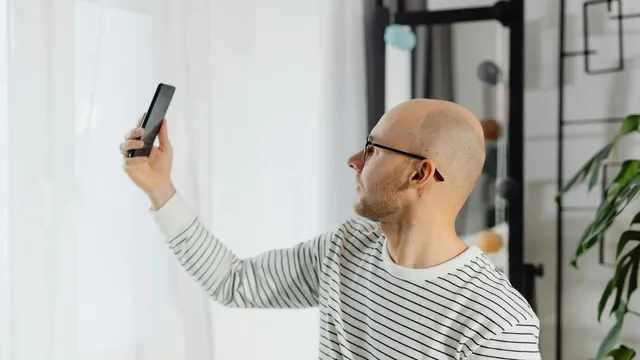- By Prateek Levi
- Thu, 05 Jun 2025 03:25 PM (IST)
- Source:JND
AI Disease Detection: Early detection is key when it comes to preventing a disease from becoming life-threatening. Now, thanks to advances in artificial intelligence, there's growing hope that serious illnesses could be identified through something as simple as a selfie.
Despite high-end diagnostic equipment in today’s super-speciality hospitals, the process can still be expensive, time-consuming, and not always accurate. Even skilled radiologists and pathologists are prone to errors, especially in complex cases like cancer. That’s where AI steps in—with the promise of faster, more accurate, and affordable detection.
Meet FaceAge: The AI That Reads Your Health from a Selfie
Researchers at Mass General Brigham and Harvard Medical School have developed an AI tool called FaceAge, designed to estimate a person’s biological age using facial images. More than just reading wrinkles, this tool digs deep—analysing skin texture, muscle tone, and bone structure using deep learning algorithms trained on thousands of facial photos.
What makes it groundbreaking is that FaceAge has outperformed traditional diagnostic tools like MRIs, CT scans, biopsies, and lab tests in predicting cancer survival rates.
Your Face Tells a Bigger Story
According to its developers, a face isn’t just a reflection in the mirror—it’s a data-rich map of your internal health. FaceAge examines signs of physical decline, ageing, and overall vitality. Unlike chronological age, biological age reflects your real health status—taking into account genetics, lifestyle, environment, and disease history.
So while a 65-year-old fitness enthusiast might have the body of someone much younger, a 28-year-old with poor habits might already be showing internal wear and tear. That’s what FaceAge captures: the true physical age, not just the number of candles on a birthday cake.
Clinical Trials and Early Results
Tested on over 6,000 cancer patients, FaceAge revealed that individuals who appeared biologically older than their actual age had a significantly lower chance of survival. This suggests a powerful link between facial ageing and disease progression.
While the tool isn’t yet available for public medical use—it’s still undergoing clinical trials—a free version of FaceAge AI lets users upload a selfie and estimate their biological age.
The Bigger Picture
As AI tools like FaceAge continue to evolve, they may soon become essential in detecting diseases earlier, guiding treatment decisions, and reducing healthcare costs. It’s a glimpse into a future where your face might be your first health report.

